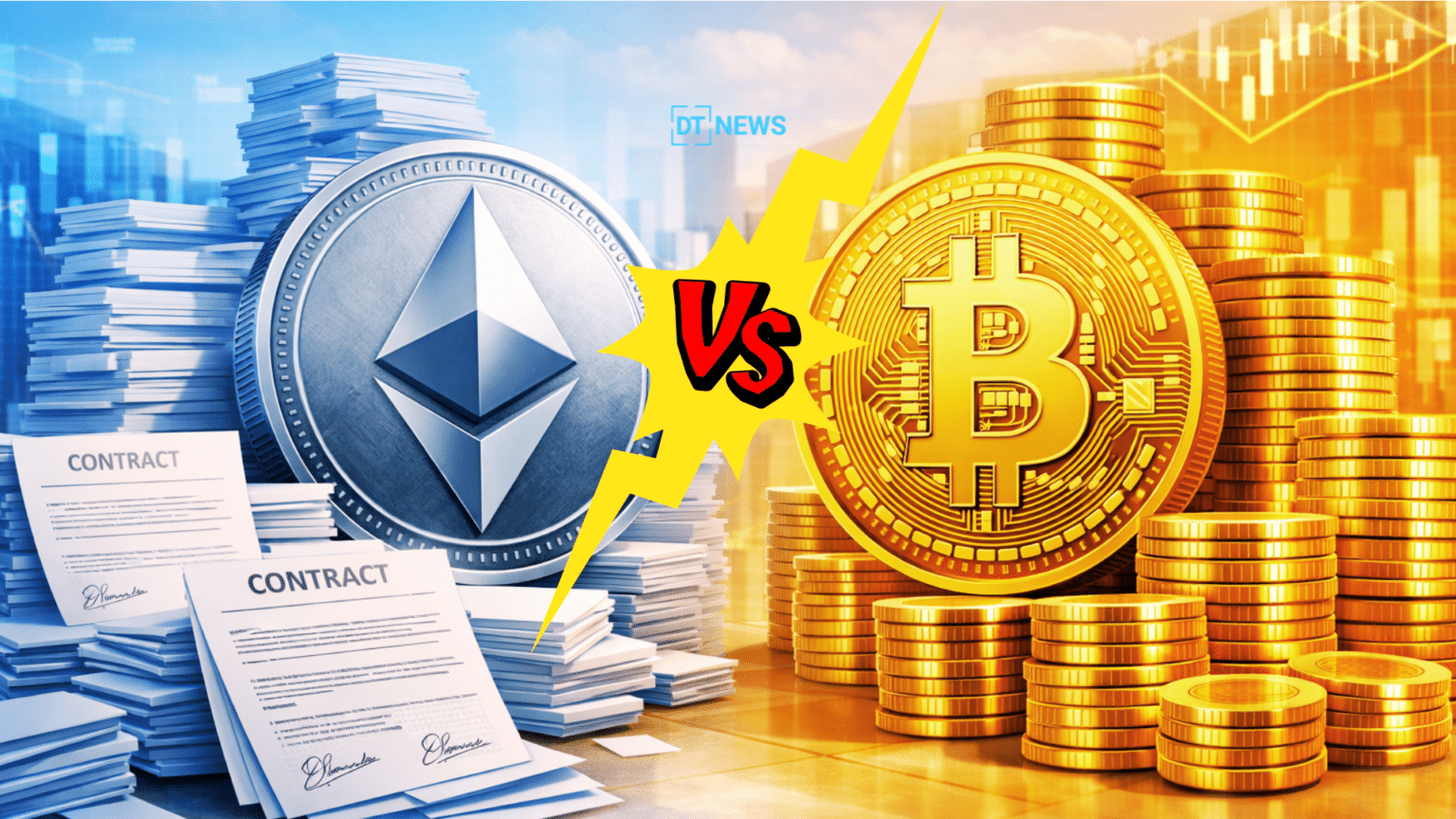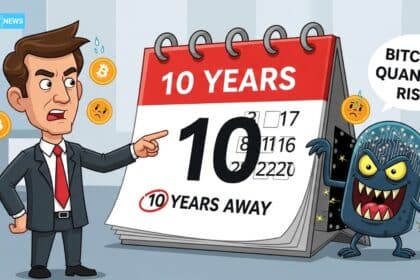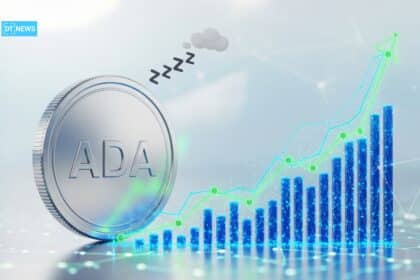SUI Price Prediction: Oversold Signals Build as TSUI ETF Debuts on Nasdaq
Sui is trying to find its footing after a bruising pullback, and…
Binance Stablecoin Reserves Drop 18% Amid Liquidity Crunch
This article was first published on Deythere. Binance stablecoin reserves are coming under…
Bitcoin Price Crash Accelerates as $500M Liquidations Hit
This article was first published on Deythere. Bitcoin price crash headlines dominated global…
SEC Clears Intraday Trading for Tokenized Money Market Fund at $1.00
This article was first published on Deythere. A new SEC order is…
Bitcoin Quantum Risk Still a Decade Away, Says Michael Saylor
The Bitcoin quantum threat has become the subject of heated discussions in…
Trump Tariff Fears Push US Dollar Lower Across Major Currencies
This article was first published on Deythere. US Dollar drops at a moment…
Grayscale Lifts Cardano Allocation Above 20% Amid ADA Weakness
This article was first published on Deythere. Cardano institutional demand is quietly…
Bitcoin ETF Outflows Hit $2.7B as Institutional Caution Grows
This article was first published on Deythere. Bitcoin ETF outflows marked a…
Is Altcoin Season Starting? BTC Dominance Breakdown Shifts the Trend
Crypto markets have a habit of changing their mood when most people…
Can a Presale Outrun a Viral Coin? APEMARS Surpasses $230K and Eyes a Spot Among the Best Meme Coins 2026 as Pepe and Floki Lose Steam
The search for the Best meme coins 2026 has shifted from hype…








































